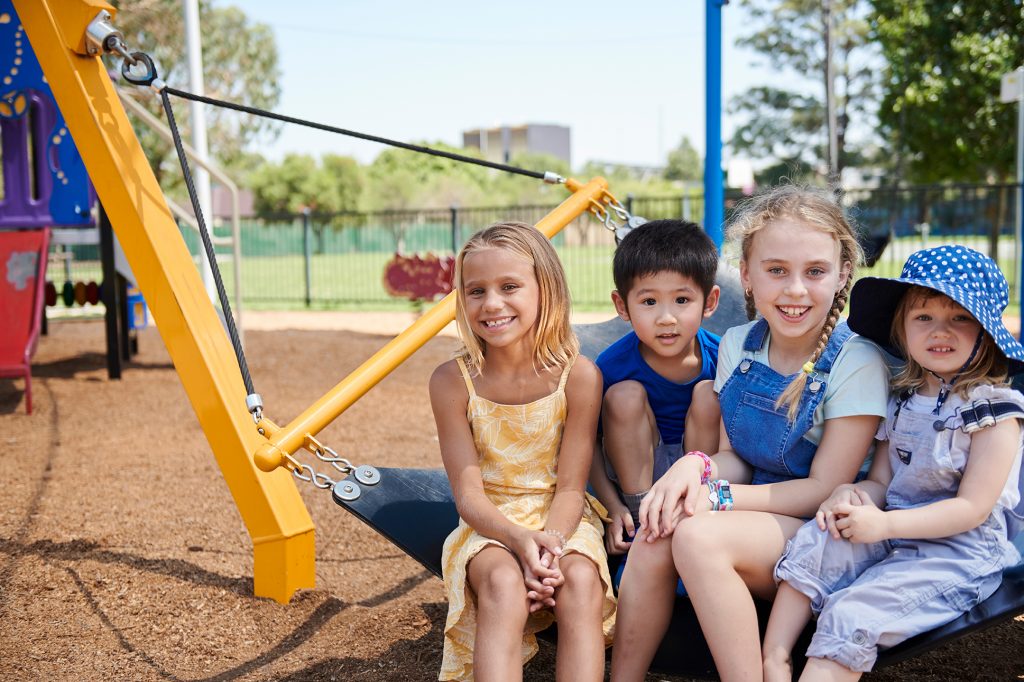Working with the Community to Design Services for Infants and Young Children
by Kat Rowe | July 1, 2021
Tailored services for kids are needed
Children have specific health and social needs for which specialist services are available. Mental health for kids is no different. Research has shown that having services specifically for infants and children is key in being able to identify, prevent and treat mental health concerns.
Research also emphatically shows that specialist support provided in a targeted way at this early stage of life, increases the likelihood of better mental health outcomes in later life. So much so that our service design addresses the unique challenges and needs for children under the age of 4 compared to school aged children.
Stride operates several specialist children’s mental health services:
•At the Stride Kids Hub we also have a program designed specifically for infants and young children up to the age of four, the Early Social and Emotional Wellbeing Service (ESEWS), which as the name suggests, is a program aimed at improving the social and emotional wellbeing of infants and young children.
•In Brisbane North we operate the Brisbane MIND4KiDS program for children under 12.
Collaboration with Mental Health Experts
The ESEWS was developed in collaboration with a range of professionals and experts to meet the needs of infants, young children and their families. Stride Kids collaborated with a range of services including:

• Queensland Centre for Perinatal and Infant Mental health (QCPIMH)
• Child and Youth Mental Health (CYMHS)
• Early Intervention Parenting Specialists (EIPS)
• Child Health
• Child Development Service (CDS) and
• University of Southern Queensland (USQ).
The collaboration involved deciding what the program should include and planning each aspect of a family’s journey: from initial phone calls, initial appointments, questionnaires, timeframes, and activities that would be completed.
The Evaluation
We completed an evaluation at the end of the first year to ensure we were achieving our aims. We also wanted to determine if there were any factors that would further enable the program to be replicated and implemented in other settings or areas.
Findings of the Pilot Program
20 children engaged in the Pilot Program. We utilised both qualitative and quantitative measures to evaluate the program.
The results were as follows:
- Strengths and Difficulties Questionnaire: average score went from 16 (high) to 11 (average)
- An improvement as the score relates to difficulty level
- Parental Sense of Competency Scale (PSOC): average score went from 54 to 63 – showing
- Improved confidence in parenting
100% satisfaction with:
- feeling welcomed and included
- positive changes in child behaviour
- positive improvement in their relationship with their child
- Recommending the service to other parents seeking support.

From the evaluation that was completed at the end of the 12 months, we were also able to show that by working with a range of experts and professionals to collaborate on the development and implementation of the program, we were able to show the benefits of being innovative with infant mental health to improve the overall wellbeing of infants, young children and their families.

